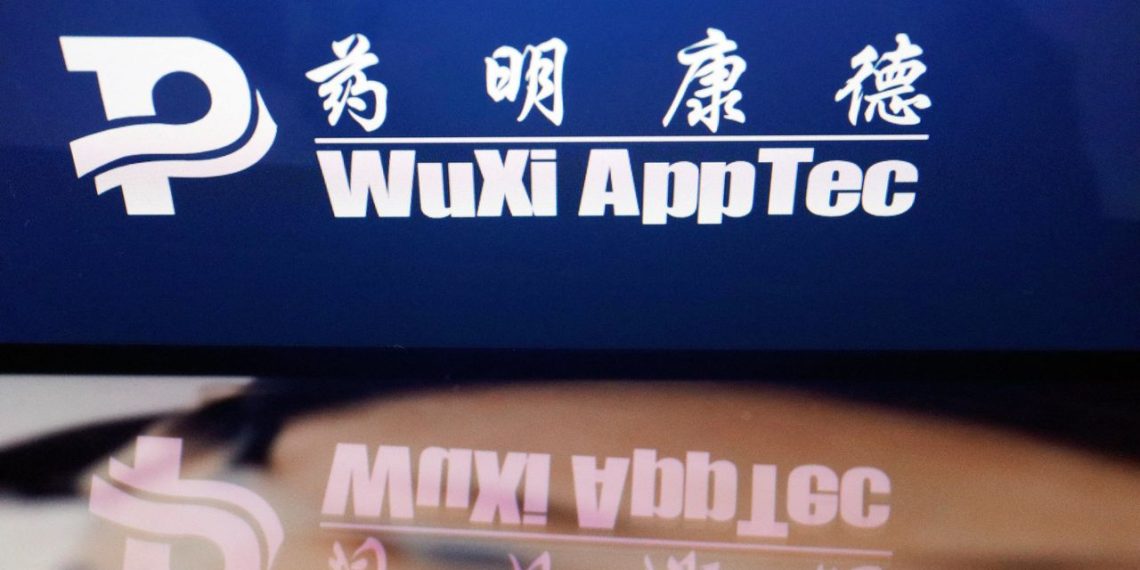In late February, U.S. intelligence officials briefed senators on concerns regarding Chinese biotech company WuXi AppTec’s alleged transfer of U.S. intellectual property to China without consent. The U.S. government fears such activities could contribute to China’s military capabilities.
The briefing, conducted with about a dozen senators, revealed intelligence suggesting that WuXi AppTec had transferred a U.S. client’s intellectual property to Chinese authorities without permission, although the details remained classified.
WuXi AppTec denied the allegations, stating they were unaware of any unauthorized transfers and emphasized their commitment to safeguarding customer information in compliance with U.S. regulations.

The Chinese embassy in Washington dismissed the accusations, calling for evidence to support the claims and questioning the validity of the concerns raised by Congress.
The briefing coincided with discussions in the Senate Homeland Security Committee regarding the Prohibiting Foreign Access to American Genetic Information Act of 2024. This proposed legislation aims to restrict business dealings with Chinese biotech companies due to national security concerns.
The committee, led by Senator Gary Peters, approved the bill in early March, signaling bipartisan support for measures aimed at safeguarding U.S. intellectual property.
The scrutiny of WuXi AppTec reflects broader tensions between the U.S. and China over technology and national security.

With WuXi AppTec’s significant presence in the U.S. biotech industry and its substantial revenue from American clients, concerns about its alleged ties to the Chinese military have prompted legislative action.
The controversy underscores the challenges in managing economic and security risks associated with global biotech collaboration.





